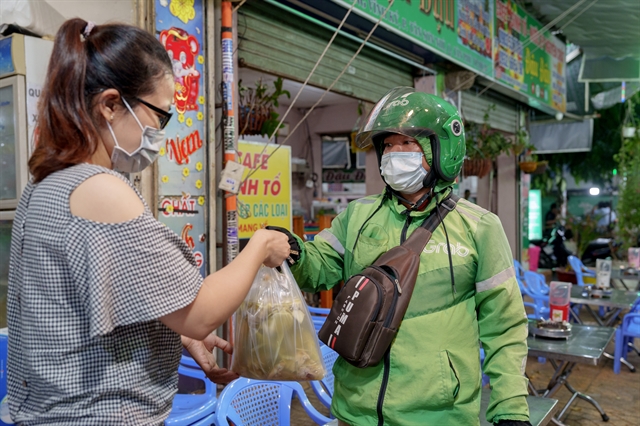Beauticians who were mandated to shut down their businesses during the pandemic in accordance with Victorian government orders have faced setbacks in their claim disputes. The losses occurred because the state’s restrictions were not directly linked to outbreaks in proximity to their business premises.
The Australian Financial Complaints Authority (AFCA) is currently addressing claims filed during the pandemic. They have been waiting for the resolution of a legal test case to gain clarity on policy wordings, particularly regarding hybrid clause connections between local outbreaks and state mandates. This process will help provide guidance and resolve disputes related to these policy terms.
In the cases of beauticians in Bendigo and Altona Meadows, it was determined that the closure orders for non-essential activities were the cause of their shutdowns. It was deemed reasonable to acknowledge that COVID-19 outbreaks likely occurred within a 20-kilometer radius of both locations.
According to the AFCA decision, the key concern lies in determining whether the order issued was a direct consequence of an infectious or contagious human disease at the premises or within the 20-kilometer radius. The focus is not on whether an actual disease outbreak occurred.
Regarding the government orders, it is noted that they were broad in nature and were implemented due to the government’s concerns regarding the public health risks associated with Covid-19 within the state.
The decisions in favor of Suncorp also determined that even if the complainants could demonstrate that the orders were a consequence of an outbreak within their respective areas, the exclusions mentioned in both policies referencing the Biosecurity Act would be applicable, as stated by AFCA.
The policy of the Bendigo salon originally referenced the repealed Quarantine Act. However, a supplementary product disclosure statement (SPDS) issued on February 25, 2019, was included in a renewal pack sent in February 2020 to provide updated information.
The complainant alleges that the insurer breached its duty of care by delaying the policy update after the repeal of the Quarantine Act 1908 in 2015. They argue that the insurer should have included a reference to the Biosecurity Act in the product disclosure statement instead of issuing it as a supplementary document.
AFCA states that the complainant does not contest receiving the supplementary product disclosure statement (SPDS), and therefore, the insurer is justified in relying on the modifications made in the SPDS.
In its decisions related to the pandemic, AFCA has acknowledged the significant negative effects of COVID-19 on small businesses across Australia. However, it has followed the interpretation of policies as guided by the Federal Court.
The AFCA decision states that it is reasonable for the insurer to depend on the terms and conditions outlined in the policy to reject liability for the claim.
Source : insurancenews.com.au







